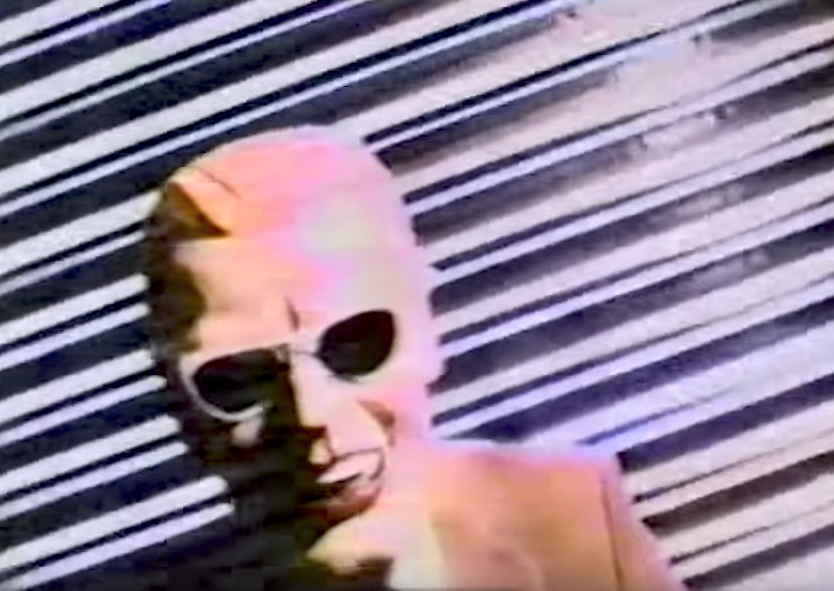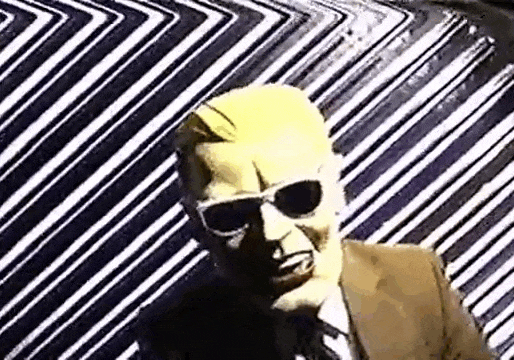


Max Headroom, which featured the exploits of a TV journalist living in a dystopian future, with a digital alter ego in the form of the title character, debuted on March 31, 1987.

His sarcastic wit and stuttering delivery-along with an ad campaign for New Coke, a late-night talk show on Cinemax, and a few TV specials-had made him a cult personality even before he finally earned his own hour-long TV show in the US. "The world's first computer-generated TV host," as he might have proudly boasted, was a sharp-tongued character inaugurated in 1985 as the veejay for a British music television show. To many clued-in TV viewers that night, the face of Max Headroom would have been unmistakable. It may as well have come from another dimension. He was fined $5,000 and sentenced to a year's probation.Within hours, federal officials would be called in to investigate one of the strangest crimes in TV history-a rare broadcast signal intrusion, with no clear motive, method, or culprits. MacDougall, a satellite dish salesman from Ocala, Fla. The most celebrated case of video piracy occurred in April, 1986, when a pirate calling himself "Captain Midnight" intercepted the satellite transmission of Home Box Office, a cable television programmer, and broadcast a message criticizing the company for scrambling its signal to prevent non-subscribers from receiving it on privately owned satellite dishes.Ĭaptain Midnight later was identified as John R. She said she was unaware of any previous thefts of a TV station's signal. "We consider this a serious matter," said Maureen Peratino, the FCC's deputy director for public affairs. carries a criminal penalty of up to $10,000 in fines and up to one year in prison, an FCC official said. The original story line for the Max character involved a futuristic world dominated by television, where video piracy-such as what occurred Sunday night-was punishable by death. His own American prime-time television show, carried on ABC, was canceled earlier this year.


 0 kommentar(er)
0 kommentar(er)
